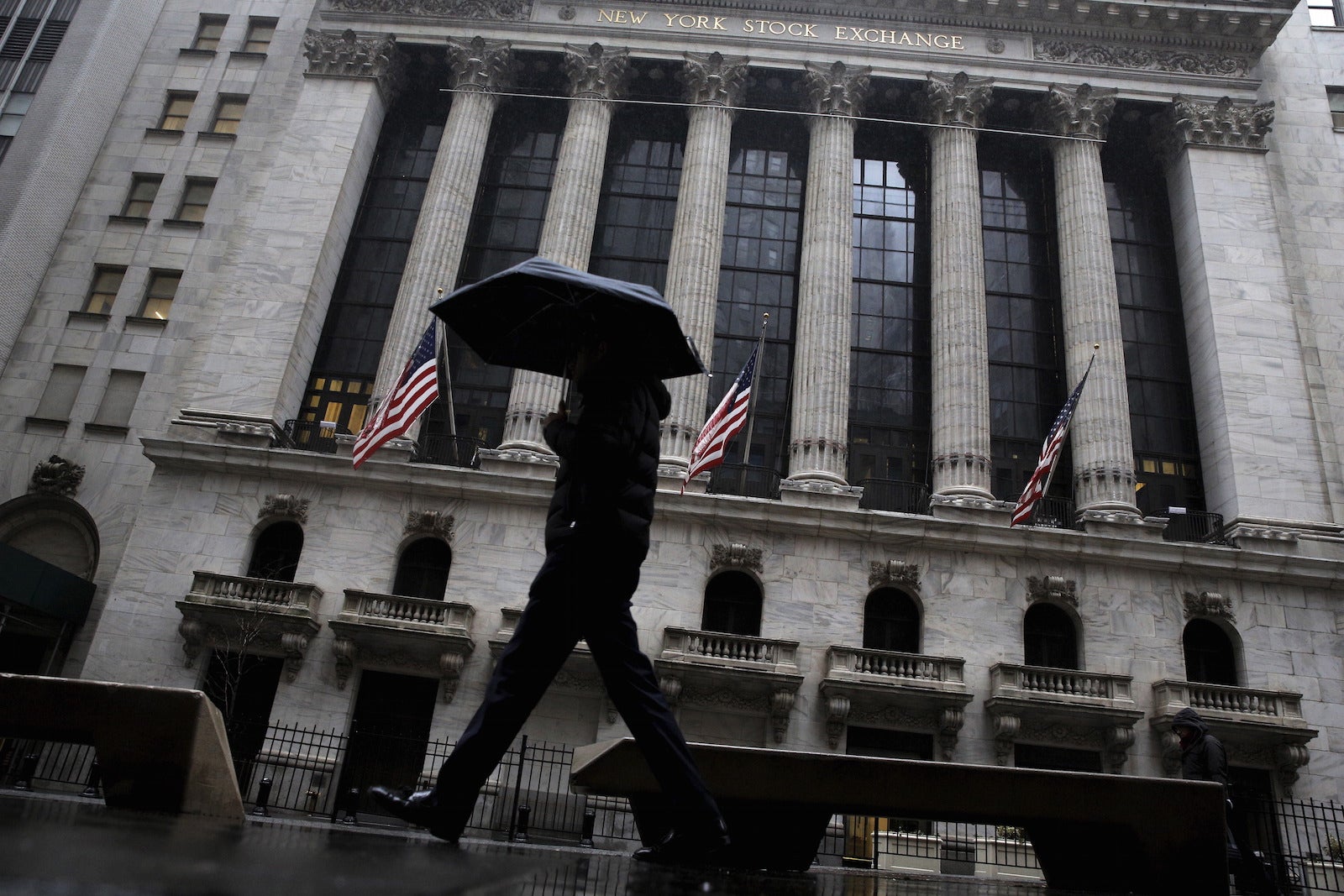Delinquencies on peer-to-peer loans are rising
This post has been updated.


This post has been updated.
Some people who have been borrowing money from lending startups have been falling behind on their payments.
Data from lending data service Orchard Platform shows that delinquency rates on loans issued by fintech startups have been creeping higher over the past few months. Delinquency rates on peer-to-peer loans have increased from 0.56% in January 2015 to 0.75% in December 2015. Similarly, charge off rates—which is when a lender essentially says the loan isn’t getting paid back—grew too, from 0.33% in September to 0.51% by December.
And credit rating firm Moody’s recently put a security backed by unsecured consumer loans originated by Prosper, an alternative lender, on watch for a downgrade. The reason? The expected losses for the lowest tranche—the part of the loan structured to absorb losses first—increased from 8% to 12%.
Update: In a statement, Prosper told Quartz that “Moody’s original estimates of loss were well below Prosper’s internal forecasts as well as those set by rating agency Fitch.” The company stressed that its portfolio of unsecured consumer loans “continues to deliver net returns between 6-8%.”
To be sure, loan losses and delinquencies remain quite low by the standards of the broader banking industry. (The Federal Reserve says delinquency rates on all loans and leases was 2.2% during the fourth quarter of 2015.)
But the increase in charge-offs and delinquencies underscores ongoing questions about the fintech industry, one of the most heavily-hyped parts of the startup world in recent years. Many of these firms developed in the aftermath of the Great Recession. Since then, the US economy has been on a steady, if unspectacular, upswing. Now as global economic slowdown shows signs of impacting the US market, it’s unclear how the loans originated by these firms will perform.
Of course, a relatively mild deterioration in loan performance doesn’t mean that a crisis is brewing. Traditional lenders have also been bracing for bigger losses lately too. For example both JPMorgan Chase and Wells Fargo recently announced plans to sock away additional reserves to cushion any potential losses from tied to the sharp decline in the energy sector, which has been slammed by low oil prices.
But some investors are clearly concerned. Shares of publicly traded, tech-driven lending firms such as OnDeck and LendingClub have been clobbered lately.